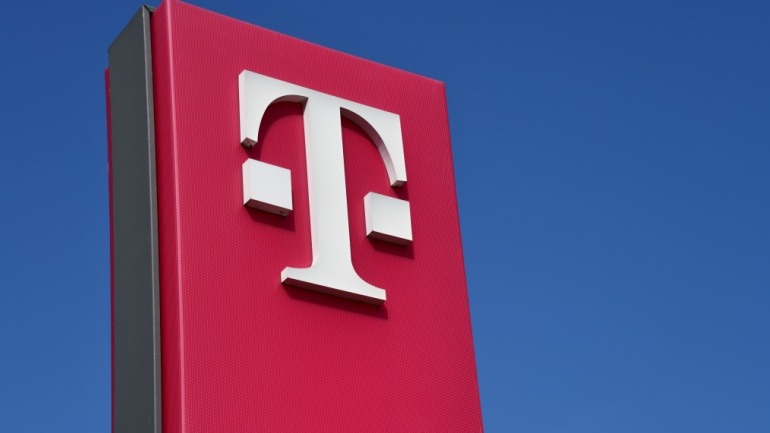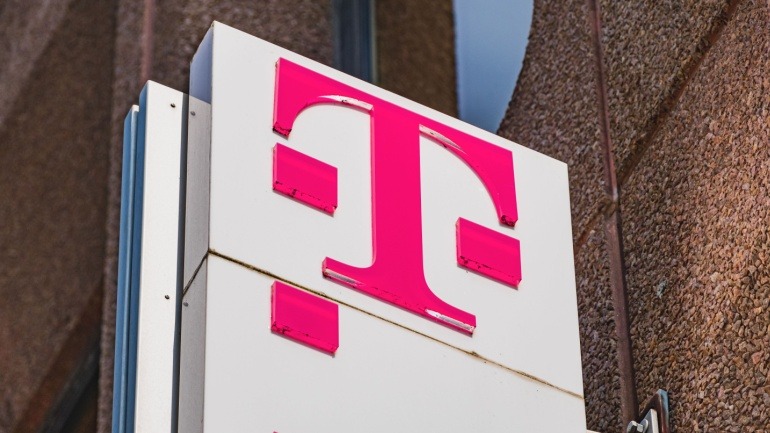Deutsche Telekom and Nvidia are set to transform European manufacturing with the world’s first industrial AI cloud. This will utilize 10,000 Nvidia GPUs, revolutionizing AI-driven manufacturing by 2026. Prioritizing data protection, this initiative aligns with European standards, offering manufacturers cutting-edge resources.
Deutsche Telekom is investing in the EU’s IRIS2 satellite project to build a cutting-edge multi-orbital communication constellation. This initiative will enhance Europe’s digital infrastructure, reinforcing technological sovereignty with advanced IT, secure networks, and 5G.
Deutsche Telekom partners with IPAI to drive responsible AI innovation across Europe, focusing on secure, scalable solutions in telecom and beyond. With a new campus in Heilbronn and over 70 organizations involved, the initiative aims to strengthen digital sovereignty and foster collaboration.
Deutsche Telekom’s strategic agreement with Google Cloud until 2030 marks a pivotal shift toward AI-driven, cloud-based telecom solutions. The collaboration emphasizes modernizing IT frameworks and applications through AI integration, enhancing customer service, network automation, and enterprise solutions.
Deutsche Telekom showcased its AI Phone at MWC 2025, emphasizing AI-driven convenience. Powered by Perplexity and Google Cloud AI, it streamlines tasks like booking taxis and translating languages. The “Magenta AI” hub in MeinMagenta expands with new tools, while enterprise AI solutions enhance cybersecurity and network performance.
Deutsche Telekom’s 2024 results surpassed expectations, with revenue rising 3.4% to €115.8 billion and free cash flow soaring 18.7% to €19.2 billion. CEO Tim Höttges called it “another record year,” projecting continued growth in 2025.
Deutsche Telekom’s strategic move to merge national and international wholesale operations into T Wholesale aims to meet growing global demand for telecom solutions. This unification enhances service offerings, providing a comprehensive portfolio including IPX, fiber optics, and cutting-edge 5G solutions.
Verizon introduces free network slicing to consumers through Enhanced Video Calling. This innovative move, targeting iPhone users on 5G Ultra Wideband, promises superior video call quality on popular platforms.
Deutsche Telekom has partnered with Nokia to upgrade its Open RAN network in Germany, replacing Huawei equipment. This move will see over 3,000 Open RAN sites enhanced nationwide.
Deutsche Telekom plans to phase out its 2G network by 2028, reallocating the spectrum for improved 4G and 5G networks. This transition will support robust data transmission, especially benefitting rural areas.













